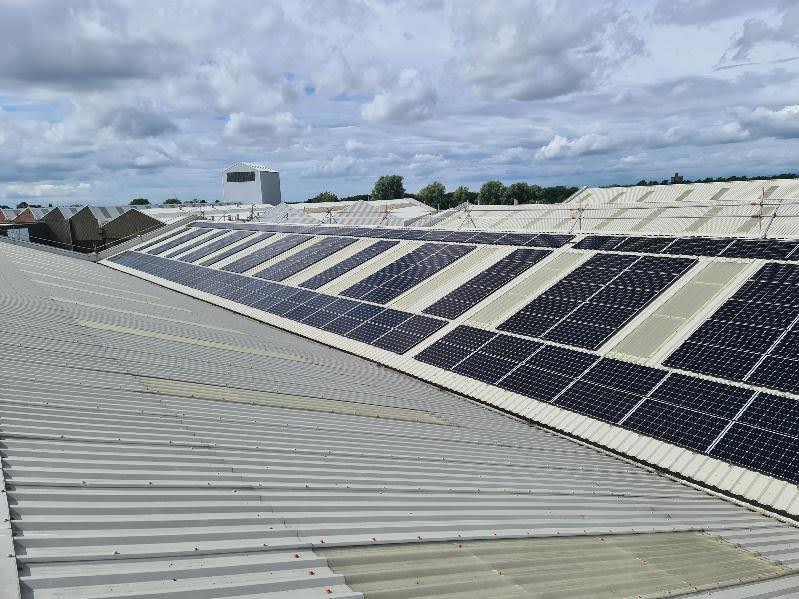The majority of the British public would like to install solar panels and home energy storage schemes if greater government assistance was available, a new survey has revealed.
In total 62 per cent said they would like to fit solar panels and 60 per cent would install an energy storage device.
An even greater proportion – 71 per cent – would be interested in joining a community energy scheme if government support was there.
Home electricity generation and community energy schemes can cut electricity bills for consumers at a time when the big six energy companies have raised their prices. The average household will spend over £1,150 a year, according to consumer watchdog..
The findings, from a YouGov survey for Client Earth, come as the government has cut subsidies for green energy across the board, capping the total at £100m by 2019.
In 2015, the government announced plans to stop the feed-in tariff (FiT) scheme, from the end of March 2019.
The scheme meant homeowners, small businesses or communities considering building a renewable energy source such as a solar array, wind turbine, or hydro technology, could expect payments for electricity generation from energy companies – helping to offset the cost of building the project.
Client Earth’s chief executive James Thornton said: “These results make it clear that the British public want action on climate change, and urgently. The government can take the lead on climate quickly by cutting off the hundreds of millions of pounds in annual subsidies to fossil fuel power stations and other schemes that are giving carbon-intensive power generation an unfair advantage over renewables.”
Earlier this year a report by the Smartest Energy company reported that the cut in subsidies for small scale energy projects has seen numbers of projects going ahead slump to its lowest level in years amid concerns over their financial viability.
A total of £227m was spent during 2017 on independent renewable energy projects.
The figure represented a fall of almost 20 per cent from the £280m spent in 2016, down more than 45 per cent from the peak of £418m invested in 2014 – the year before the government announced the end of feed-in tariffs.
Smaller-scale projects owned by developers, farmers, landowners and communities generate a total of 9.25 per cent of the UK’s energy mix – a figure which has doubled over the last five years and equates to enough energy to power 8.4 million homes.
Client earth energy lawyer Sam Bright said: “Our generation is witnessing an energy transformation unseen since the industrial revolution. We are moving from being locked into large-scale fossil fuel plants, powered by coal and gas, to smaller, cleaner and locally owned energy systems. But we need the right policy and regulatory support. We need to end fossil fuel subsidies and allow renewable energy and storage technologies to flourish.”
Jeremy Leggett, the founding director of the UK’s largest solar company, Solar Century, and author of The Winning of The Carbon War told The Independent: “Maybe fears about climate change are growing – justifiably – with the heatwave, but solar has been the single most popular energy technology in government surveys of consumer attitudes for a good few years now.”
He added: “The key issue here is that government is missing a huge opportunity, as things stand, to build a strong domestic solar industry ready for the day – coming soon – when solar is cheaper than any other form of energy, even in cloudy Britain.
“They are backing the wrong horses: nuclear and shale gas, and seem willing actively to suppress solar to make space. They should at least take out a hedged bet on solar, and keep an export tariff for solar generation. As things stand, from next March they intend to allow energy companies to take excess solar electricity generated by solar ‘prosumers’ for free. That is really a retrograde action, especially when you contrast it with the incentives for solar generation elsewhere in the world.”
The Department for Business, Energy and Industrial Strategy told The Independent: “Our renewables sector is a British success story, doubling our electricity that comes from low carbon sources since 2010 and our solar industry outstripping installations predictions and generating record levels of power – enough for almost three million homes.
“Over the last five years investment in renewables has more than doubled and we are investing more than £2.5 billion on low carbon innovation by 2021.”
Source – Harry Cockburn, The Independent





